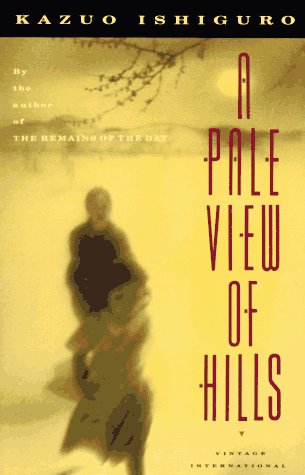All over the internet, from one corner of the blogsphere to the other, I keep bumping into posts about plans, projects, resolutions, lists, and expectations for 2008. A new year is such a
large slate that it seems to have a lot of room on it for big, sprawling projects--the sort of things you wouldn't put into your daily or weekly planner, nor even perhaps on a monthly one.
"Lose weight" A worthy (and for some of us, so necessary) resolution, but hardly the sort of thing one puts on the "to do this week" list.
"Learn to Play the Piano" A very good idea that, and I wish I could, but you can't see writing it down for Thursday, can you?
It's only when you have a whole, big, fresh year in front of you that big goals have room to fit into the plan.
And then, if you want them to happen, you'd better break them down into little pieces and get the little pieces into those weekly and daily plans, or the whole thing will be squeezed out by the things you didn't plan that happened anyway. My goodness, that happens just in one
day. I have very definite plans this week. In fact, I am working very diligently on school schedules for my three home-schooled children (a 12th grader, a 9th grader, and a 5th grader, so you can see this is serious business). Nevertheless, some unexpected guests, several phone calls, and an almost-but-not-quite-100%-potty-trained three-year-old happened. Therefore, by the time dinner-time arrived, I had accomplished less than half of what I needed to do (assuming I want to be finished by Friday, and I do).
So, one of the things I want to do this year is read more non-fiction. I am entirely unimpressed with my record of ten non-fiction books for 2007, especially when I have books that have been on my shelves since 2005 that I want to read. And when I make my high-school children's school schedules, my want-to-read list increases dramatically, as I feel guilty assigning books to them that I have not read myself. (But I do it anyway--I'd be so much better off if someone had made me read those books while I was in high school.)
So, with a big, clean new year in front of me, I make the resolution (and it's not the only one) to
read more non-fiction. That's the big goal that needs a whole empty calendar to make. Now I'm going to chop it up into smaller pieces so it will fit in my every-day life. I think that I can read two non-fiction books each month. I'm not entirely certain I can
finish two non-fiction books each month, but I hope that if I have two going, I will finish the year with no less than 24 non-fiction books read.
I further resolve to post, at the beginning of each month, the two books I plan to work on for the month. Then, when I post my reading logs for each month, I can slap myself on the wrist if I haven't held to my promise; if, in short, I have allowed dilatory reading according to whim to edge the planned reading off the edge of the "to do" list.
So, with that general framework in mind, I am ready to share my two books for January. I'm going to be reading
Economics in One Lesson by Henry Hazlitt and
The Educated Imagination by Northrop Frye.
I am also going to pick up
Dawn to Decadance again and give Jacques Barzun the time it takes to get through this book. I want to read it so very much, but the spirit is willing and the flesh is weak, and the good that I would do, I do it not.
Except that I am going to do it this year.
Honestly, how can I resist a book like this:
What good is the study of literature? Does it help us to think more clearly, or feel more sensitively, or live a better life than we could without it?...The kind of problem that literature raises is not the kind that you ever "solve."
That's Northrop Frye...I'm really going to enjoy his book. From Henry Hazlitt, I don't expect enjoyment, but I do expect to learn something, and if I do, I shall certainly share it here.
But I think it would be somewhat misleading to post all these lofty intentions without admitting, at the same time, that I have been comfortably rereading genre fiction by Orson Scott Card and Agatha Christie. And enjoying every minute of it.
Happy reading in 2008.




